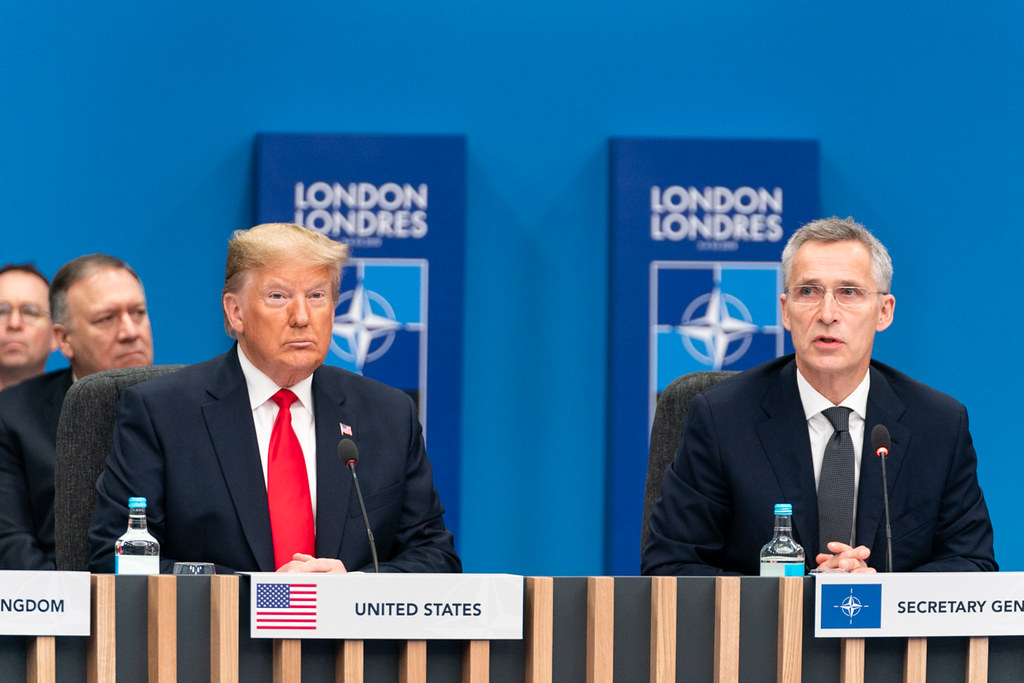Announcing 'The Troubled U.S.-NATO Relationship,' a New Lawfare E-book

Published by The Lawfare Institute
in Cooperation With

A new Lawfare Institute e-book, "The Troubled U.S.-NATO Relationship,” is now available on Kindle.
What underlying tensions within NATO have contributed to recent difficulties in the alliance? How has President Trump’s strikingly different approach than his predecessors spurred or exacerbated these troubles? And what legal issues come into play as the relationship struggles?
Featuring chapters originally published as articles on Lawfare, this e-book pulls together in one place our contributors’ expert analysis on various challenges to the trans-Atlantic partnership. This compilation provides insight at the nexus of law, politics, and alliance commitments to help make sense of uncertain times for the U.S. role in NATO.
The e-book allows full-text searching across the articles and is available here.
Contents:
- Chapter One: "NATO and War Powers: Remembering the ‘Great Debate’ of the 1950s," Matthew Waxman
- Chapter Two: "Saving NATO," Scott R. Anderson
- Chapter Three: "Can the Senate Constrain the President on NATO and Russia?" Molly K. McKew
- Chapter Four: "Germany’s Strategic Repositioning," Gunther Hellmann
- Chapter Five: "Drawing the Line on U.S. Reassurance to Eastern Europe," Sara Bjerg Moller
- Chapter Six: "There Really is an Expert Consensus: Multilateralism Still Matters," Eric Parajon, Susan Peterson, Ryan Powers, and Michael J. Tierney
- Chapter Seven: "Constitutional Issues Relating to the NATO Support Act," Curtis Bradley and Jack Goldsmith
- Chapter Eight: "What Does North Macedonia’s Name Change Have to Do with NATO?" Todd Carney
- Chapter Nine: "German Courts Weigh Legal Responsibility for U.S. Drone Strikes," Emma DiNapoli
- Chapter Ten: "Trump, Congress and Presidential Alliance Powers," Mira Rapp-Hooper and Matthew Waxman
- Chapter Eleven: "NATO Allies Need to Come to Terms With Offensive Cyber Operations," Max Smeets
- Chapter Twelve: "What Macron Got Right About NATO, Europe, and the Transatlantic Relationship," Sara Bjerg Moller




